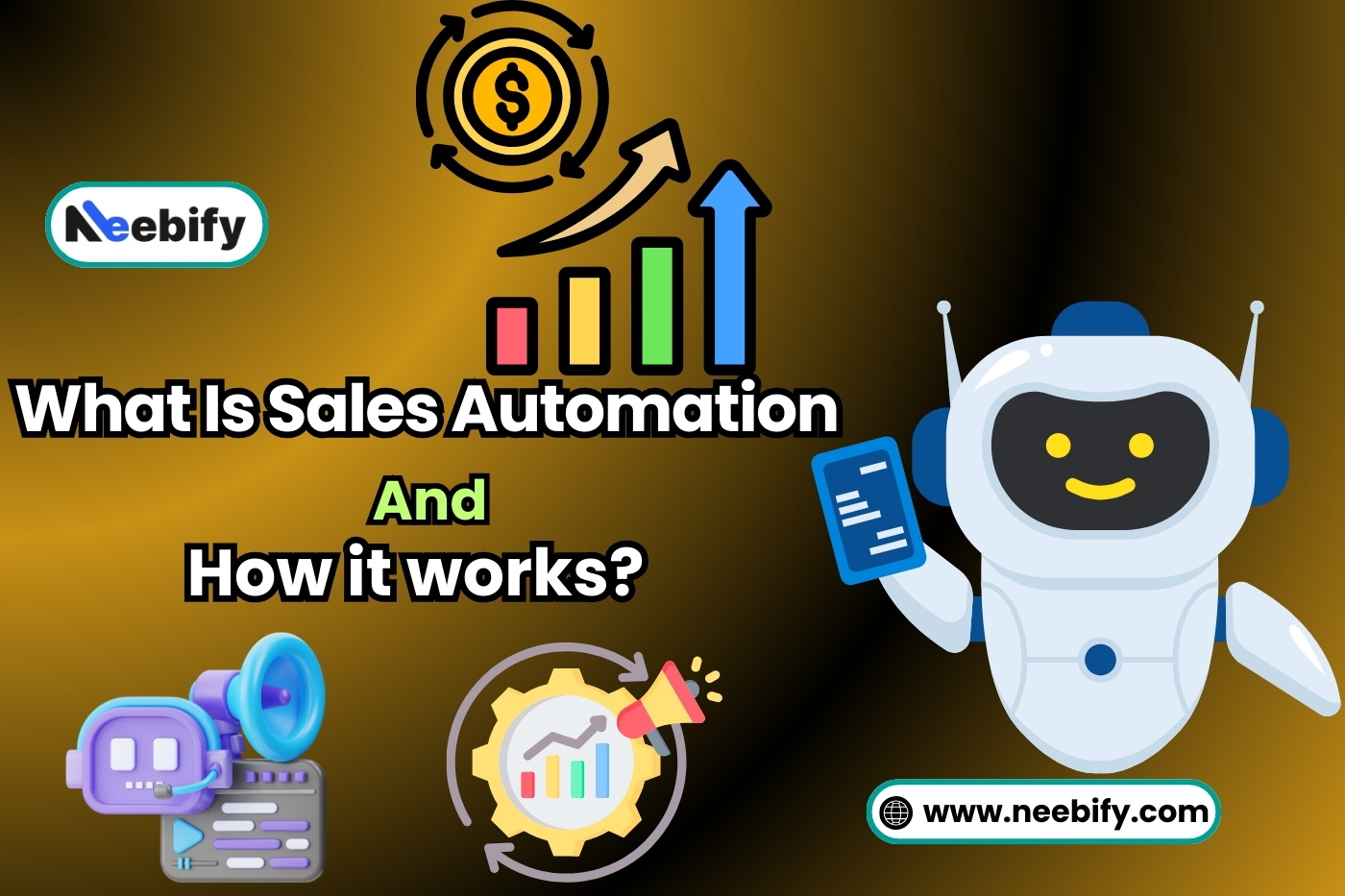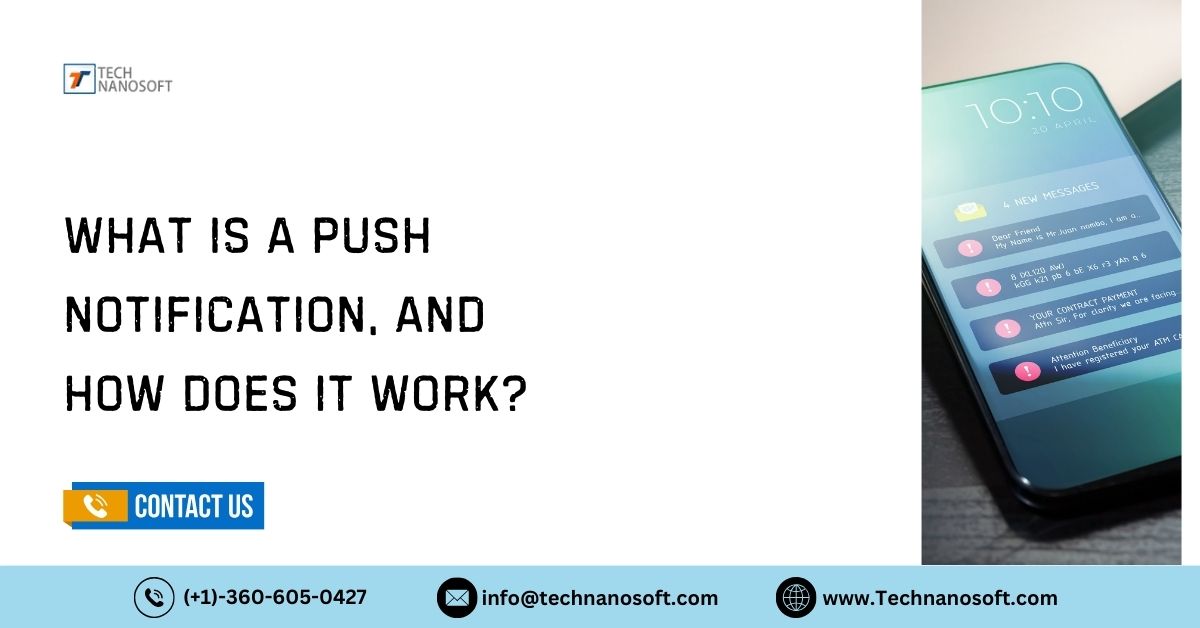Using the Potential of Progress: A Full Study into Progressive Web App Development

Progressive Web App (PWA) development is a revolutionary force in the dynamic field of digital technology, transforming our interactions with online information. This essay is a voyage into the core of PWAs, with the goal of demystifying their essence and revealing their transforming power. PWAs offer a paradigm change beyond the traditional bounds of online and mobile apps, embracing flexibility and user-centricity. We discover a future where seamless, responsive, and engaging digital experiences become the standard by investigating their capabilities, advantages, and influence on the landscape of online and mobile development. As PWAs continue to change our digital interactions, their critical function becomes clear, putting them as a cornerstone in the evolution of how we explore and immerse ourselves in technology.
What Exactly Is Progressive Web Application Development?
Progressive online App (PWA) development, at its core, represents a paradigm shift in the landscape of online application design. It ushers in a paradigm change by seamlessly combining the agility of web applications with the higher performance and user experience associated with native apps. This combination of advantages presents PWAs as adaptable solutions, freeing them from the confines of traditional web apps. PWAs provide a smooth and compelling user experience that crosses device and platform constraints by leveraging modern web capabilities. It's a ground-breaking method that not only improves accessibility but also redefines user engagement and enjoyment in the ever-changing digital ecosystem.
Is Progressive Web App Development the Next Big Thing?
Indeed, Progressive online App (PWA) development unmistakably represents the future of online and mobile development. PWAs are at the vanguard of this disruptive wave, as demand for fast, responsive, and user-centric apps continues to rise. Their ability to adapt to different screen sizes, work offline, and give enhanced performance distinguishes them as trailblazers in the search of the next frontier in digital experiences. PWAs emerge as a strategic need for organizations and developers wanting to handle the shifting demands of a tech-savvy audience in a context where user expectations are always changing. Adopting PWA development is more than an option; it is a proactive move toward shaping the future of outstanding digital engagement.
What Makes PWAs Unique From Other Types of Web Apps?
The key difference between Progressive Web Apps (PWAs) and regular web apps is their offline capabilities. PWAs, which are powered by service workers, adeptly cache critical resources, allowing for continuous functioning even when there is no active internet connection. This functionality not only assures a consistent user experience akin to native apps, but it also tackles a fundamental issue with traditional web apps. PWAs reinvent accessibility by overcoming the restrictions of internet reliance, providing users with continuous access to information and functionality regardless of connectivity constraints. In essence, it is this offline proficiency that propels PWAs to the forefront, redefining web application expectations in the digital era.
What Are the Advantages of Using Progressive Web Apps in Business?
1. Enhanced User Experience PWAs revolutionize user engagement by providing a smooth and compelling journey. This not only increases happiness but also develops user loyalty, which is critical for long-term success in the competitive digital market.
2. Cross-Platform Compatibility PWAs break down platform boundaries, enabling faultless functioning across a wide range of devices. Because of this interoperability, PWAs are a strategic and cost-effective alternative.
3. Improved Performance With faster loading times, PWAs increase user happiness by providing an efficient and responsive experience. Improved performance is essential for acquiring and sustaining a demanding consumer base.
4. Offline Functionality PWAs overcome connectivity limits, allowing users to access critical information even when they are not connected to the internet. This offline capacity assures continuous utility, catering to customers in a variety of contexts.
5. Cost-Effective Development Rather than building separate native apps, PWAs provide a cost-effective option by operating consistently across platforms. This method reduces development costs while maintaining a consistent user experience, making PWAs an inexpensive solution for enterprises.
What Is the Difference Between a Native App and a Progressive Web App?
Native applications Native applications are designed for specific platforms and are built with platform-specific programming languages and frameworks. This customisation improves speed and interacts smoothly with the operating system's native capabilities, resulting in a rich, platform-specific user experience. This technique, however, necessitates separate development for each platform, possibly increasing time and expenses.
Progressive Web Apps (PWAs) In contrast, PWAs use web technologies to provide a universal solution that works across several platforms. This versatility reduces development efforts, allowing organizations to produce a single app that can be used across several platforms, lowering costs and development complexity while keeping a consistent user experience.
|
Feature |
Native App |
Progressive Web App (PWA) |
|---|---|---|
|
Development Approach |
Platform-Specific | Web Technologies that are Cross-Platform |
|
Programming Languages |
Platform-Specific (Java, Swift, Kotlin, and so on) | HTML, CSS, and JavaScript are examples of web technologies. |
|
Installation |
App Store (Google Play, App Store, and so on). | No App Store, only browser access |
|
Access to Device Features |
Complete Access | (Depending on the browser and device) |
|
Offline Functionality |
(Varies) Yes | Yes (Offline Mode for Service Workers) |
|
Updates |
Manual Updates on the App Store | Web-based Automatic Updates |
|
Development Time and Cost |
Higher | Lower (Single Codebase, Quicker Deployment) |
How Long Does It Take to Create a Progressive Web App?
The development timetable for a Progressive Web App (PWA) is a dynamic process that is driven by several aspects such as project complexity, desired features, and the development team's skill. In contrast to the frequently lengthy delays involved with native app development, PWAs benefit from their simplified design, providing faster turnaround times. PWA development's adaptability enables for a more flexible and efficient approach, with developers employing standardized web technologies. A well-planned PWA project with clear objectives and a strategic roadmap can often be completed in a couple of weeks. This faster timetable not only meets the needs of organizations looking for quick deployment, but it also matches with agile development approaches, which encourage iterative progress and responsiveness to changing project requirements.
Can PWAs use smartphone features like cameras and GPS?
Progressive Web Apps (PWAs) have broken down old barriers by integrating seamlessly with smartphone capabilities, opening up a world of possibilities for increased user experiences. PWAs enable organizations to develop immersive apps that harness real-time data and user interactions by allowing them to access capabilities like as cameras and geolocation. PWAs go beyond the boundaries of traditional web apps by recording moments with the camera, personalizing experiences depending on location, or providing timely push alerts. This versatility not only improves user engagement, but it also establishes PWAs as a versatile and powerful solution for enterprises looking to provide dynamic and feature-rich apps across several devices and platforms.
Are Progressive Web Apps a Safe Option for Online Businesses?
Progressive Web Apps (PWAs) are a safe solution for internet enterprises. The use of HTTPS protocols enables encrypted data transport, which is consistent with the rigorous security procedures found in typical online applications. PWAs hosted on secure servers enhance this foundation, making them an excellent solution for enterprises that prioritize data security and user privacy. PWAs not only create a secure digital environment, but they also build trust in users by ensuring that their sensitive information is protected from possible risks in the ever-changing world of online interactions.
With Progressive Web App Development Services, you get the best of both worlds: mobile and web.
Finally, the introduction of Progressive Web Apps represents a watershed point in the evolution of digital experiences. The combination of mobile and web capabilities allows organizations to provide greater user experiences while reducing development costs. As the desire for quicker, more efficient, and user-centric apps grows, adopting PWA development is more than a passing fad; it's a smart move toward the future of digital innovation. Accept the power of growth and watch as your online presence evolves into a dynamic, user-friendly, and future-proof entity.









